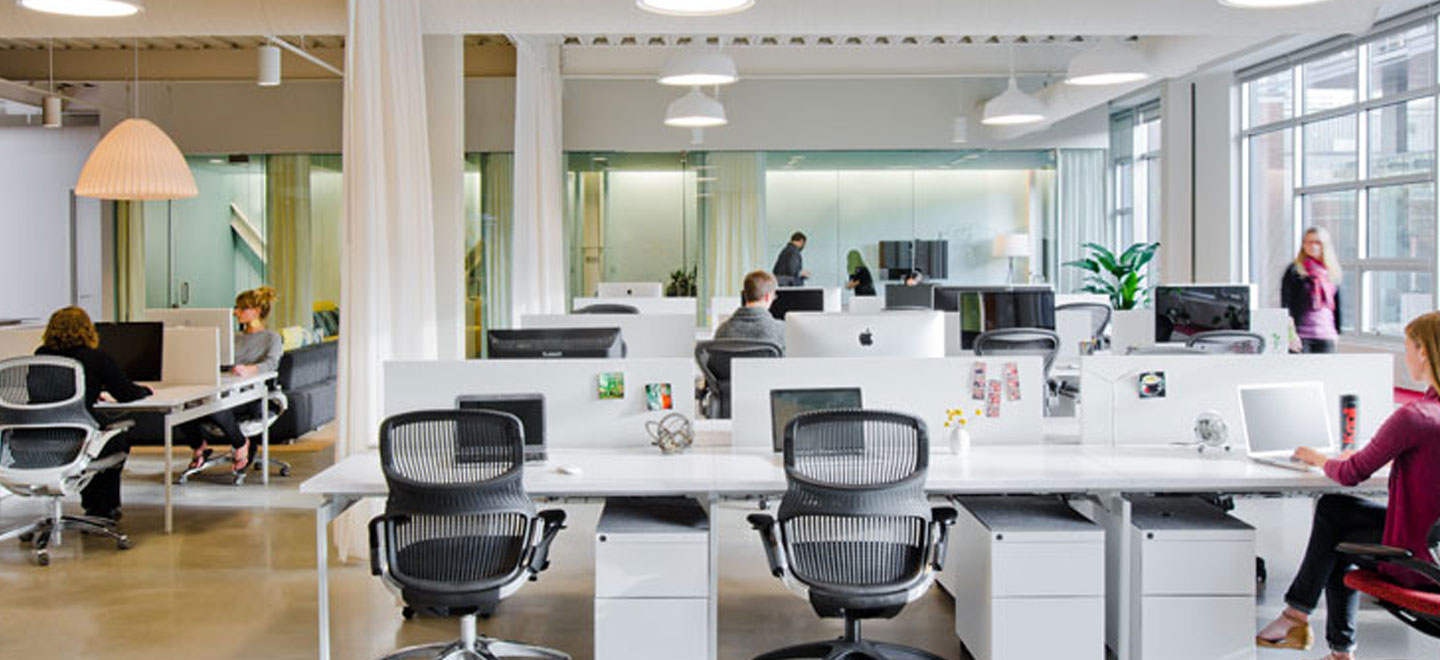This fact was highlighted by JLL's recent report that, although focused on APAC, reflects a common reality for most labor markets.
The extravagances of the past, such as luxury office chairs costing $20,000, are no longer a priority for companies. But other areas that may have long-term value are seeing increasing investment. Recent research by JLL in the APAC region revealed that companies are planning to increase their spending to improve their offices in order to make them greener and more employee-friendly.
The new priorities mark a departure from the international consultancy's global survey last year, where companies said they would increase spending on technology solutions that enable better experiences for the hybrid workforce.
A sustainable and employee focused workplace
According to JLL's sustainability research 60% of Fortune 500 companies have some climate or energy targets
already in place. With increasing corporate commitments around net zero, organisations are being more selective when
deciding what space to occupy. 74% of organisations said they would be willing to pay a premium for leasing a building with
leading sustainability or green credentials, and 22% said they already have.
As occupiers embed their sustainability commitments into design and the specification of spaces, there are indications of increased spending on elements that allow operation of buildings in a more carbon efficient manner. Elements including low energy appliances and efficient lighting systems, and the provision of occupancy sensors to provide analytics for decision making.
Improving office amenities
90% of respondents view workplace design as instrumental in enhancing employee engagement and wellbeing.
According to JLL’s Future of Work Survey, 56% of
respondents believed that collaborative working is one of the primary purposes of office
space. Therefore, the office space should be designed as a destination for employees as
part of their hybrid workstyle, to encourage both new and current employees to spend
time in the office. Furniture solutions that offer the flexibility of configuration help support
collaborative working and are essential to achieve this goal.
However, with current levels of price inflation considered “unsustainable”, the increased risk of occupiers potentially deferring projects will likely lead to a consequent softening of demand. That will ease pressure on the construction and labour market.
Green certifications
Achieving sustainability ratings has also become a priority with companies seeking to certify their offices to LEED and BREEAM as green buildings and to WELL, as buildings that promote health and well-being for their occupants. Indicatively, more than 9,200 office projects currently hold LEED certification around the world.
At the same time, although in Europe more and more companies choose to certify their portfolio buildings, as part of their strategy to achieve net zero, the Old Continent ranks third in the number of LEED certified buildings, which corresponds only to 6% of the total number of certified buildings worldwide.















